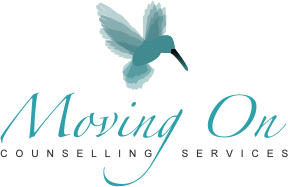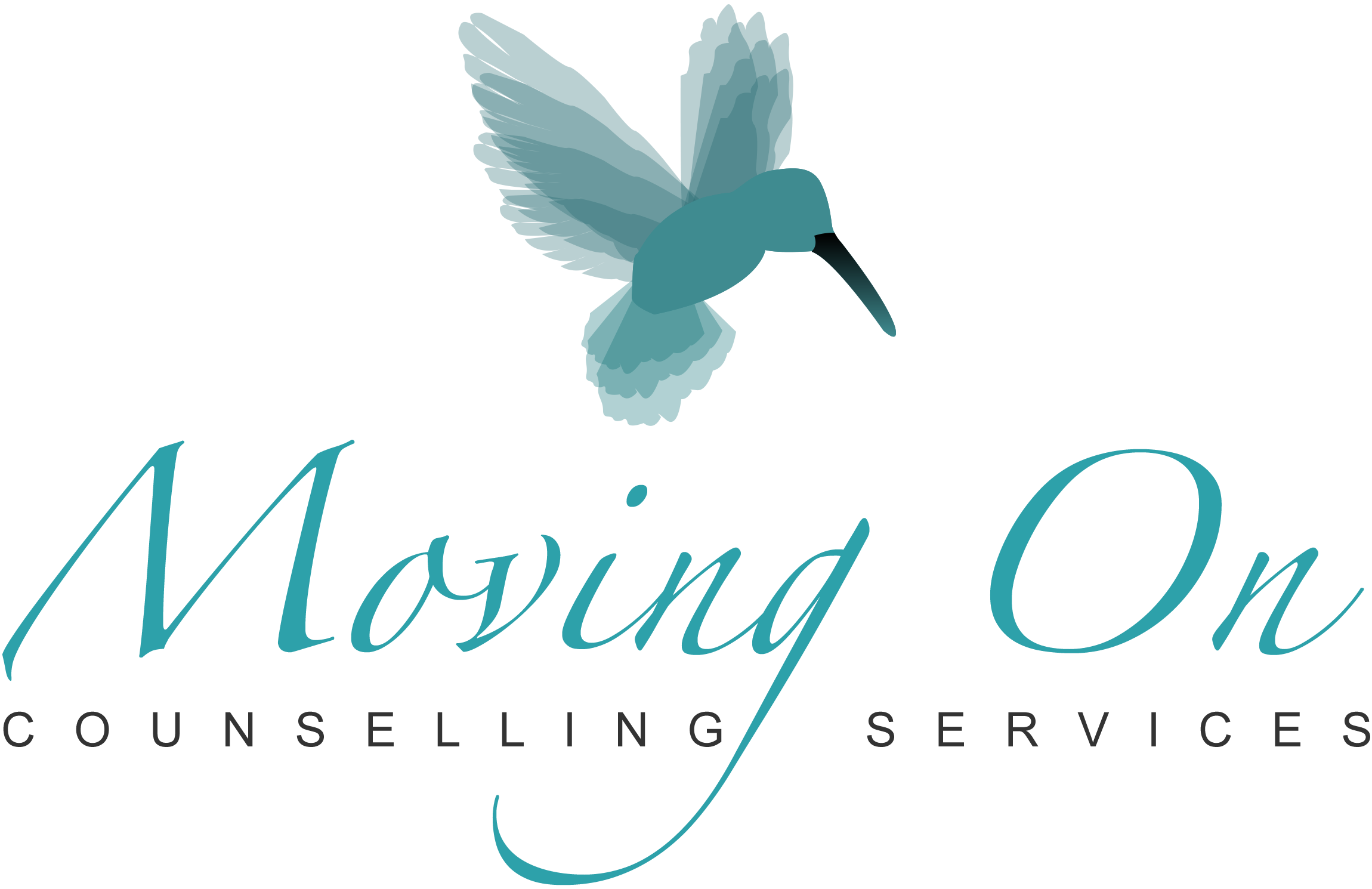Anxiety…..it’s very personal and here’s why
It’s natural to experience apprehension and fear when we sense potential danger or threat. It is part of our natural survival mechanism, the fight, flight, freeze, friend, flop effect. However, we all react differently to levels of threat and danger.
For some it could be having to speak in public, for others it may be having to leave the house, because whatever the situation if we feel exposed and our sense of safety is reduced, it is the same surge of adrenaline that heightens our senses in order for us to survive. Anxiety is a very personal thing, something that causes me anxiety may not cause anxiety in you.
Our brain perceives the threat and instantly sends a message to our sympathetic nervous system– we don’t even have to think about it, that is how amazing our brain and body work in sync with each other. This automatically releases the surge of adrenaline we need to prepare us for survival - heart rate increases, shallow breath, gut becomes inactive, energy boost (shaky legs), pupils expand.
However, each time our bodies experience a flood of adrenaline, it needs time to return back to normal levels.
Now, this is the crux of anxiety……..it can be caused when the triggering of the sympathetic nervous system, occurs too frequently or for extended periods of time. The overproduction of adrenaline is very common, especially as our lives have become busier and more stressful. Higher rates of stress in our modern lifestyles leads to higher and higher releases of adrenaline and less opportunity to return to our normal levels.
Not only can this lead to anxiety, but also other physical symptoms such as high blood pressure, weight fluctuation, excessive sweating and palpitations.
For many, it is a gradual change and we are not aware of our increasing anxiety. All we know is that we are exhausted, alone and it feels like constantly living on the edge.
How do I know if I have anxiety?
Anxiety might be becoming a problem if:
- Excessive worry is not in proportion to the situation
- Feeling agitated
- Restlessness
- Fatigue
- Difficulty concentrating
- Irritability
- Tense muscles
- Difficulty sleeping
- Panic attacks
- Avoiding social situations
- Irrational fears
What does anxiety feel like?
- Stomach pain including indigestion, gas and bloating, abdominal cramps and pain, and irritable bowel syndrome
- Difficulty with breathing including a choking sensation, hyperventilation, asthma attacks and coughing fits
- Negative thoughts including anticipating danger and catastrophe around every corner, frequent feelings of inadequacy or impending failure, or believing that something bad will happen if certain things aren’t done in a certain way
- Feelings of worry which can result in edginess and physical trembling or shaking
- Heart and chest pains
- Low appetite or binge eating
- Insomnia
- Feeling detached or unreal
The good news is that once we are aware that we have anxiety, action can be taken to help relieve the symptoms. You can find natural ways to reduce anxiety here.
If this means something to you, please reach out to someone you know you could trust.
I am Jo Tolley and I am a qualified and experienced Counsellor working in private practice near Wimborne and Blandford, Dorset.
For more information about help and support at Moving on Counselling please call me on 07484 184 256, email
I hope to speak with you soon.
Jo

